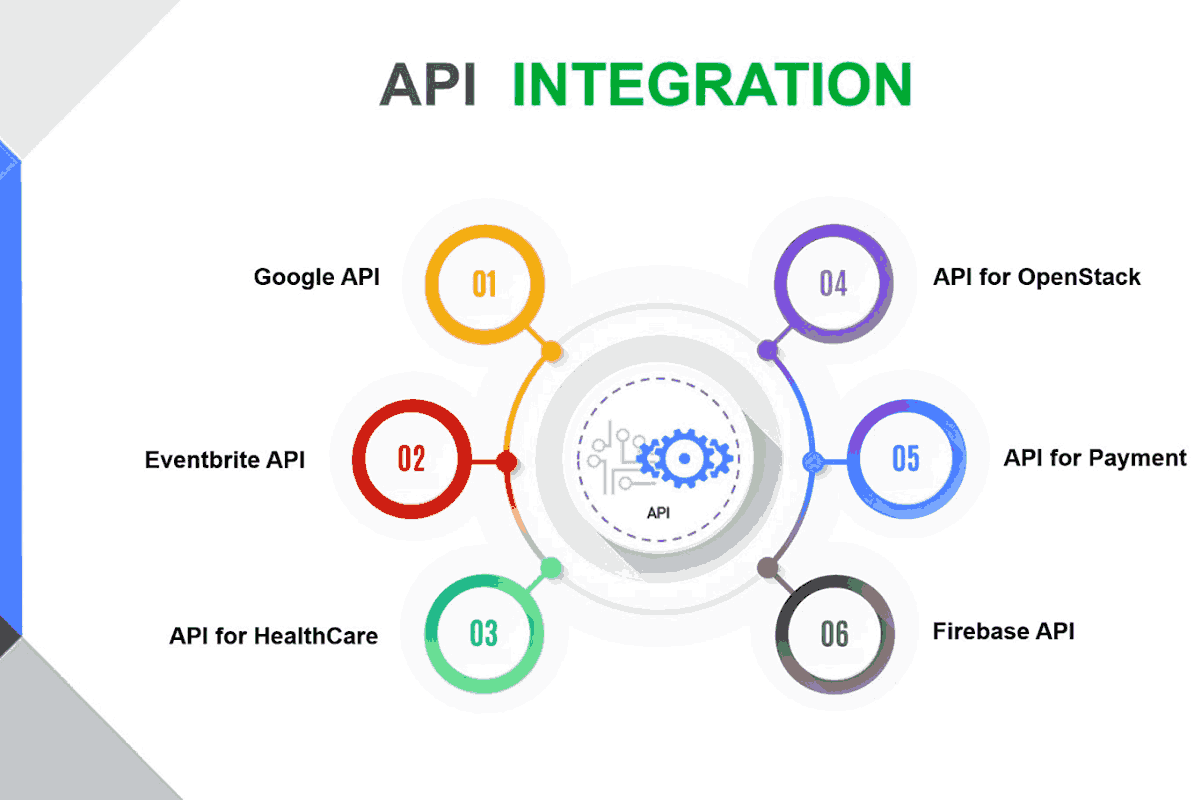
The rise of artificial intelligence has led to an increasing demand for professionals skilled in machine learning. Businesses across industries are integrating these technologies to enhance decision-making, automate tasks, and create innovative products.
This growing adoption has opened a wide range of opportunities for those who possess the right blend of technical expertise and problem-solving skills.
Understanding the Role
Professionals in this field design, train, and optimize algorithms that allow systems to learn from data without being explicitly programmed. Their work ranges from building recommendation engines to developing advanced natural language processing models. By combining statistical methods, programming, and domain knowledge, they help organizations turn raw data into actionable insights.
Core Skills Needed
Thriving in this career path requires both deep technical knowledge and the ability to communicate complex ideas clearly. Some essential skills include:
-
Programming Proficiency: Strong knowledge of languages such as Python, R, or Java, along with experience in libraries like TensorFlow, PyTorch, or scikit-learn.
-
Mathematics and Statistics: A solid understanding of probability, linear algebra, and statistical modeling is critical for building accurate models.
-
Data Handling: The ability to collect, clean, and preprocess large datasets using tools like Pandas, SQL, or Apache Spark.
-
Model Deployment: Experience in integrating trained models into real-world applications, often involving cloud platforms such as AWS, Azure, or Google Cloud.
-
Analytical Thinking: A problem-solving mindset to design effective algorithms and troubleshoot performance issues.
Soft skills are equally important—clear communication, adaptability, and collaboration with cross-functional teams often determine the success of a project.
Career Path and Roles
Machine learning offers diverse career paths, each with its own focus:
-
Data Scientist – Analyzes complex datasets and develops predictive models to support business decisions.
-
ML Engineer – Specializes in designing, training, and deploying scalable machine learning systems.
-
Research Scientist – Works on cutting-edge algorithms and innovations, often within academic or high-tech research environments.
-
AI Product Manager – Oversees the development of AI-powered products, bridging the gap between technical teams and business objectives.
Industry Demand and Salary Potential
The demand for talent in this sector continues to rise, driven by advancements in automation, personalization, and predictive analytics. From healthcare to finance, companies are actively recruiting skilled professionals to stay competitive. Compensation varies by region, experience, and industry, but salaries often rank among the highest in the tech field due to the specialized expertise required.
How to Get Started
Entering this profession requires dedication and consistent learning. Here’s a roadmap for aspiring professionals:
-
Build a Strong Foundation – Learn programming, mathematics, and basic statistics before diving into advanced concepts.
-
Practice on Real Data – Participate in online competitions or contribute to open-source projects to gain hands-on experience.
-
Pursue Specialized Learning – Take courses in deep learning, computer vision, or natural language processing to strengthen your expertise.
-
Develop a Portfolio – Showcase your skills through personal projects and case studies that demonstrate your ability to solve practical problems.
-
Network and Collaborate – Engage with online communities, attend conferences, and connect with industry professionals.
Future Outlook
As more organizations adopt data-driven strategies, the need for skilled machine learning professionals will only grow. Emerging fields such as autonomous systems, generative AI, and advanced analytics are expected to create even more specialized roles in the coming years. Professionals who keep their skills up-to-date and remain adaptable will be well-positioned for long-term success.
Final Thoughts
A career in machine learning offers not only financial rewards but also the opportunity to work on groundbreaking innovations that shape the future. By combining technical expertise with creativity and collaboration, professionals in this field can make a significant impact on industries worldwide while enjoying a fulfilling and future-proof career.
Keywords:
- Machine Learning Jobs











Leave a comment